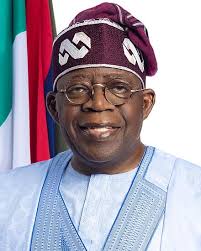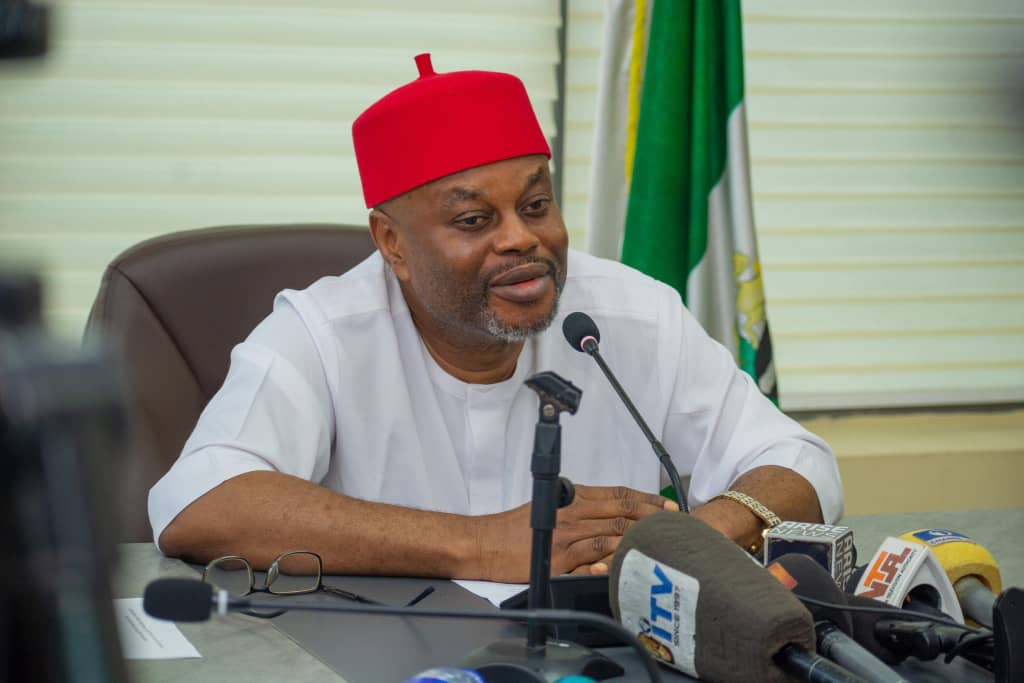Transparency International is an organisation that is an anti-corruption czar of the world. Each year they brief the world with the list of countries of the world and where they fall on the corruption perception index (CPI). When I decided to check Nigeria’s ranking on the list, I didn’t delude myself on where to start. I simply scrolled down the list and started from the bottom. I was proved right as Nigeria was closer to the bottom than the top. Nigeria is ranked 140th on the list with a score of 26. The score of 26 out of 100 means that Nigeria is miserably corrupt. The No. 1 most honest country is Denmark, which scored 90.

A look at the best 10 and the worst 10 in the CPI reveals that the less corrupt a country is, the better the standard of living of its citizens and the more a country is corrupt, the worse the standard of living of its citizens. In this regard, countries like Denmark, Finland, Singapore, New Zealand, Luxembourg, Norway, Switzerland, Sweden, Netherlands and Australia, which represent the most honest of all the countries of the world have been dishing out good governance to their citizens and ensuring that they enjoy the highest standard of living.
The most dishonest 10, which include South Sudan, Somalia, Venezuela, Syria, Yemen, Libya, Eritrea, Equatorial Guinea, Nicaragua, and Sudan, are countries without rule of law, governed by dictators, mostly in active war situation, without any hope or conducive environment for any meaningful economic, political or social programmes to flourish. They are basket cases surviving at the mercy of others. It’s important to note that these countries started their journeys toward failed states by not paying strict attention to eradicating corruption in their midst.
Nigeria is very close to the rank of the 10th most dishonest country in the world, Sudan. Whereas Sudan scored 15 out of 100, Nigeria scored 26 out of 100. Basically, in academic rating, both scored “f”. The import of this ranking is that Nigeria is hastening towards a failed state.
The reasons for this ranking is as crystal as glass. Just imagine how the budget of the Federal Republic of Nigeria is being handled. Before Tinubu came to office, Buhari had returned Nigeria to the one year budget cycle from 1st January to 31st December. Tinubu submitted 2025 budget towards the end of 2024. The 2025 budget was passed on 13th day of February, 2025. Two months is almost gone in 2025 and the 2025 budget has not commenced. 2024 budget has just been 50% implemented. So we have two budgets moving simultaneously and towards the wrong direction. And the incumbent Tinubu employed the largest number of ministers than any other President in the past. So his ministers are simply incompetent to the extent that they cannot even submit budget proposals on time. The implication of this scenario is that this government achieves less than 50 percent efficiency in all that it does in a year. It is becoming increasingly true, according to the statement of one of Tinubu’s presidential spokespersons that even if you give Tinubu 30 years, he will not achieve anything.
Our electricity problem is more pathetic. The country has spent trillions of naira on a dead horse. From the inception of Tinubu’s regime, light situation has become comatose. The national grid collapsed 12 times in 2024 alone. We have already celebrated at least one grid collapse in 2025. The government plans to increase electricity tariff by 65 percent. The solution of this government to the perennial epileptic electricity supply is to divide the country into band A and band B. Till date, I do not understand the basis for this division. Is it on the basis of rich and poor, or Maitama and Maraba. To add insult to injury, the Minister of Power suggested that Nigerians should switch off their refrigerators as remedy for the epileptic electricity supply. Tinubu corroborated this approach by asking Nigerians to switch off their lights as a strategy to run away from the cost of electricity. This is like telling a sick patient on oxygen to switch off the oxygen to reduce the cost of his treatment. The result will be obvious. The patient will die.
Our electricity supply is dying, and so are all the companies that depend on it. The only thing a talented barber in the least corrupt countries needs to open a barber’s saloon is a clipper. In Nigeria, without electricity, a barber needs to be a millionaire before he can open a barber’s saloon because he must have a generator to operate the shop, in addition to be able to afford more than N1,100.00 per litre of fuel to operate the generator. This is why poor, talented Nigerians cannot operate small and medium scale industries successfully. The lack of power is toxic to business and with incompetent men being in charge, there is no hope for redemption.
An introspection into police activities around Nigeria is another indication of a very corrupt society. The internal perennial squabbles between the Police Service Commission and the Inspector-General of Police is a monumental testimony of corrupt dealings. Corruption is the abuse of public office for private gain. The recruitment racketeering going on in the force had become the main source of friction between these two organs of police power.
The retirement of the IGP and the unnecessary controversy associated with it reflects sheer abuse of public office. The position of the law is very clear. An IGP must be appointed from the police force. To remain a police officer, you must not exceed 60 years of age and must not have served more than 35 years in the force, which ever comes first. These portions of the law have not been amended. The argument now is that there’s another section which provides that the tenure of the IGP should be four years, notwithstanding the provision for retirement. (See Sections 7(3)(6), 18(8) of the Nigeria Police Act, 2020).
This argument is spurious. First, it exposes the inelegant, incompetent, and hurried manner the legislature amends our laws. Second, they failed to achieve their objective. Saying notwithstanding whether the IGP has retired or not signifies that a retired police officer can emerge as the IGP of police which will be unconstitutional. The correct approach would have been for the legislature to amend the provision for retirement by adding a proviso to the section that “provided that if a police officer is appointed the IGP of police, he will continue to remain a police officer until the expiration of his tenure as the IGP of police.” Without this amendment, the current IGP and every other police officer that has attained 60 years in office or offered 35 years of age are retired from the police force and are no longer qualified to be the IGP of police. The actions of both the Legislature and the Executive in the issue of the retirement of the IGP of police amount to an abuse of public office for private gain and it’s such actions like this that land Nigeria in the ranking of a failed country.
The issue of police road blocks in Nigeria, especially, the South-East is another testimony of corruption in the police force. Successive IGPs have repeatedly declared road blocks as unacceptable to them and should be dismantled. It’s obvious that this is mere lip service because between Onitsha and Enugu, a journey of 45 minutes, there are more than 30 road blocks. These are extortion points, not checkpoints. Citizens have been shot at such extortion points for refusing to pay N200 to the police officers. In the same vicinity that these so-called checkpoints are, the purported unknown gunmen go on rampage, kidnapping, maiming, and collecting ransoms from kidnapped victims.
The police force of the least corrupt countries are extremely mobile force that respond to distress calls within minutes of a call by citizens. They do not sit in one place extorting money from their citizens. The mere fact that police men sit in one place without even any mobile vehicle tells you that they are not there to fight criminals, because criminals will simply device routes to avoid the checkpoints. This is why terrorists operate through forests to carry out their nefarious activities while the corrupt police officers operate at the checkpoints to extort money from the citizens. If the police is serious about fighting corruption, they must dismantle the extortion points immediately, and change into a highly mobile force that responds to the distress calls of its people.
The stench of corruption oozing out from the Central Bank of Nigeria where two women are alleged to be receiving jumbo salaries for purported consultancy duties. The same CBN that has started punishing Nigerians with tax for withdrawing their own money from ATMs. The same CBN that is increasing interest rates on loans in a depressed economy. With these outlooks in doing things in Nigeria, the TI’s ranking looks even lenient. Unless something is done urgently, we may sink further among the most dishonest nations on earth with disastrous consequences to our economic, political, and social advancement of our country.










